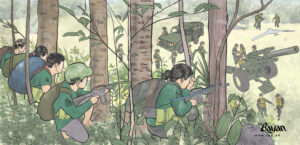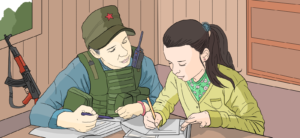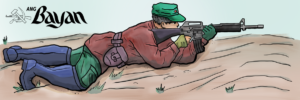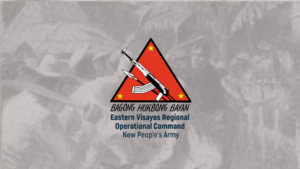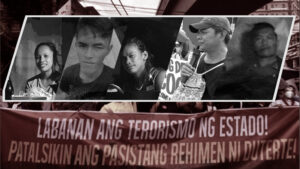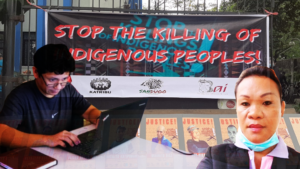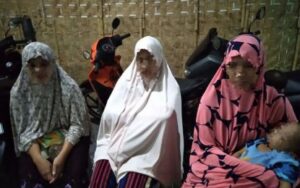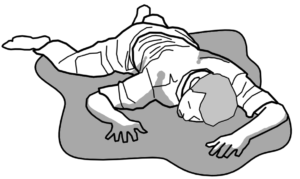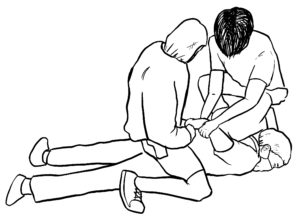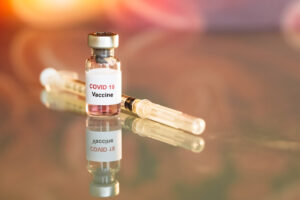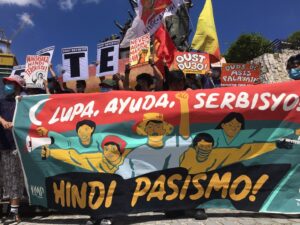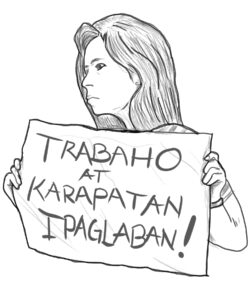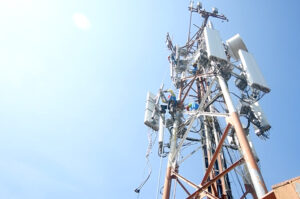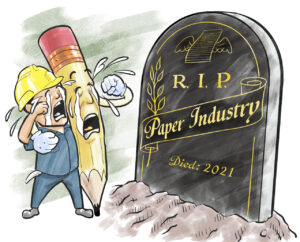The politics of vaccines


Rodrigo Duterte personally welcomed the arrival of Chinese vaccines at the Villamor Airbase last February 28. On March 4, almost 500,000 doses from the World Health Organization’s Covax Facility also arrived. Aside from health workers, the regime has prioritized soldiers and police personnel. The Philippines is the last country in Southeast Asia to secure vaccines despite having the second highest number of infections in the region. The vaccines arrived at a time when 241 million doses have already been administered in 103 countries worldwide.
Data by Bloomberg in February 12 indicate that existing Philippine supply contracts only covered 36.2% of the population. Not one of these have arrived in the country. Despite having vaccines, hesitancy is prevalent in the Philippines. Some health workers have refused to get inoculated with Sinovac due to reports that it has low efficacy rate among their ranks.
Vaccine diplomacy
The 600,000 CoronaVac doses made by Sinovac Biotech is a “donation” from China. This forms part of what is called vaccine diplomacy and is not part of the government’s planned acquisition for which it has borrowed billions of pesos. Instead of using vaccines for overall humanitarian aims, countries who manufacture them are using their supply to further their economic, political and diplomatic objectives. China’s “donation,” for example, is said to have the condition that 100,000 doses should be given to the military. This is on top of contracts for additional doses, projects or loans, greater influence and so on.
China also practices vaccine diplomacy in Latin America, Africa and other nations in Southeast Asia. It made available $1 billion in loans for countries to purchase Chinese-made vaccines. It prioritized Pakistan, Nepal and Cambodia’s militaries — countries which border its nemesis, India.
Like China, Israel also practices vaccine diplomacy, albeit in a worse way. It gave “extra” doses to countries supportive of its occupation of Jerusalem. Meanwhile, it has refused its obligation to provide for Palestinians in occupied territories. It has inoculated 50% of its population at present, but gave Palestine a mere 2,000 doses.
India and Russia likewise use their vaccines to further military aims.
Vaccine nationalism
Selective vaccine diplomacy wreaked havoc on WHO’s efforts to ensure that health workers and vulnerable groups in poorer countries are not left out. But the center established for this purpose, the Covax Facility, has long been undermined by the hoarding of vaccine supplies by wealthier countries in what is termed as vaccine nationalism.
Under vaccine nationalism, 60% of global vaccine supplies have been reserved to service 16% of the global population. According to reports, the US reserved vaccines that is four times the size of its population, while Canada, six times and countries in the European Union, twice.
Because of this, the Covax Facility gathered very limited supplies. In December 2020, the facility accumulated 400 million doses of its 2 billion target. Instead of giving out vaccines, the US pledged only to give funds. Three out of six vaccines are controlled by the US. It also has one of the highest manufacturing capacities. Mexico recently asked the US for vaccines but was refused because the Biden administration “prioritizes the American people.”
It also refused the Philippines’ request despite Filipino officials offering more money. It announced that it will first complete inoculation of its own citizens, making its vaccines available to the rest of the world on the second half of the year.
A minimum of 60% of the population must be inoculated before herd immunity is achieved, according to the WHO. Due to vaccine nationalism, countries who have no or less funds to buy vaccines will be supplied only by 2024.

